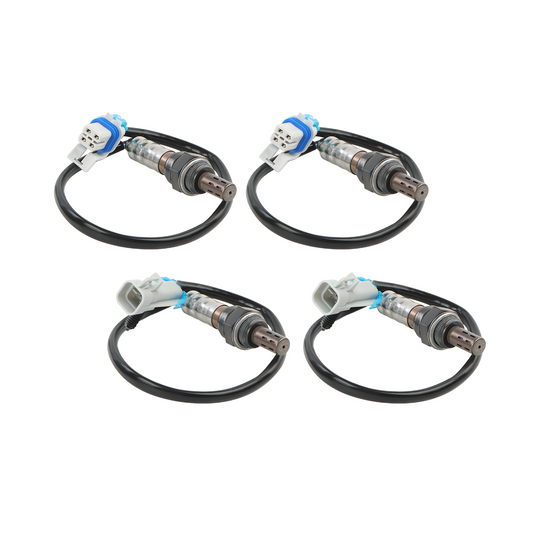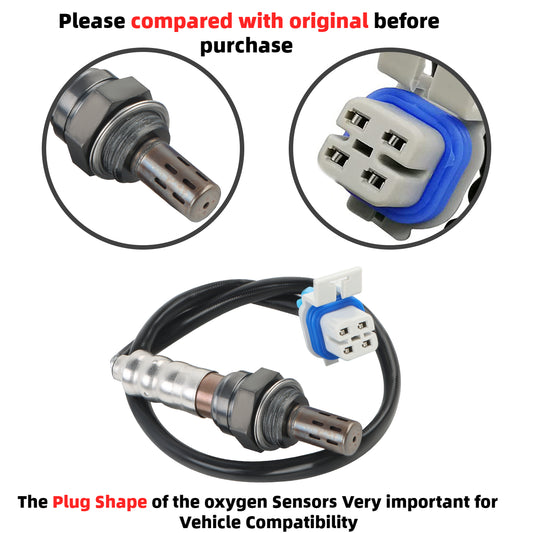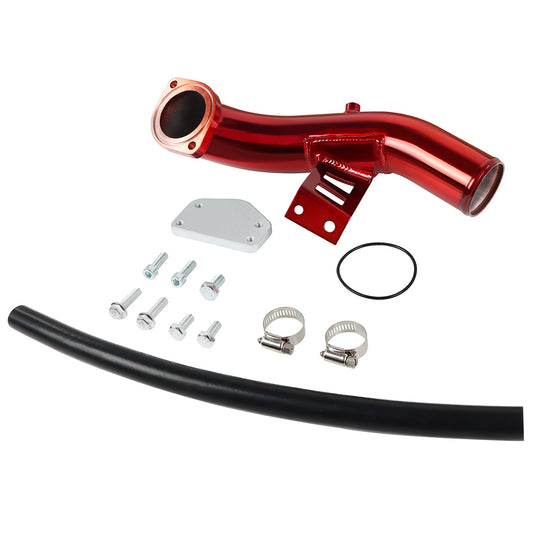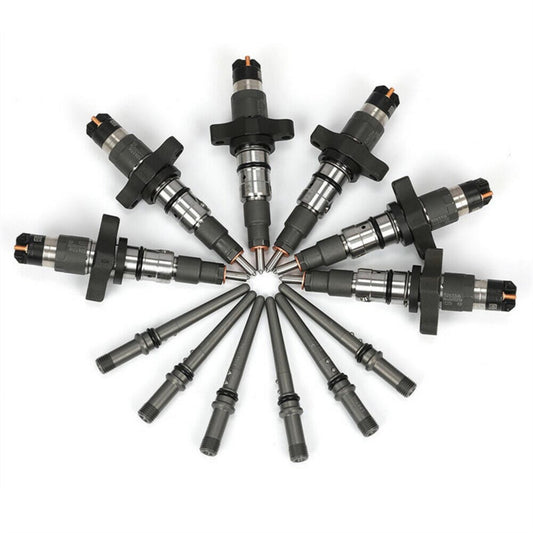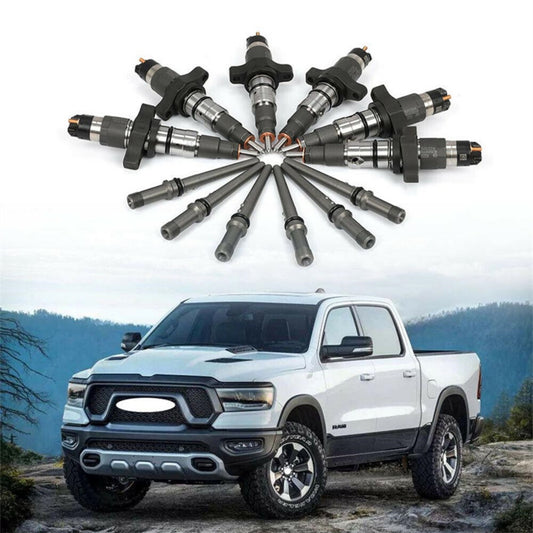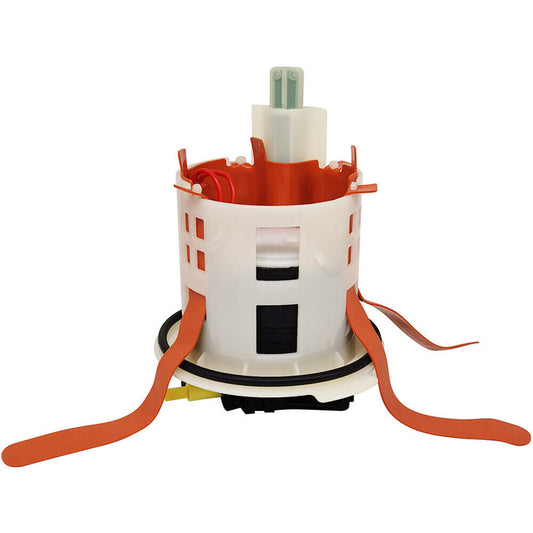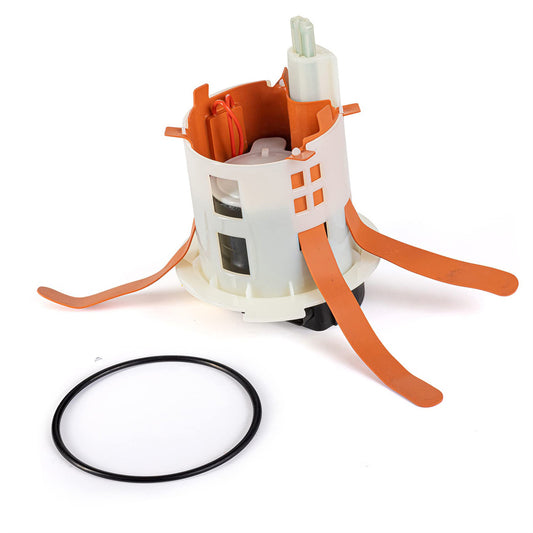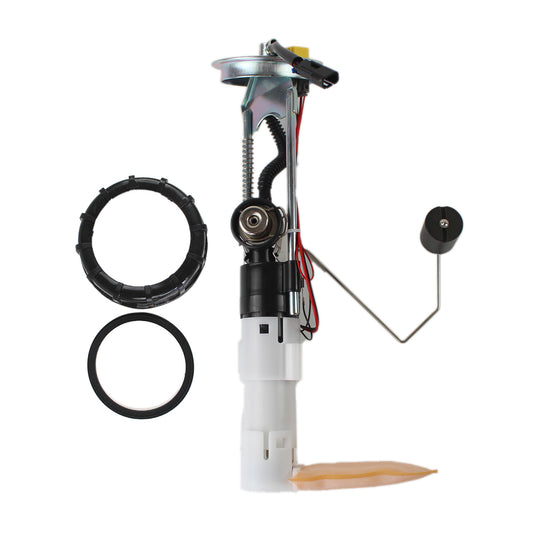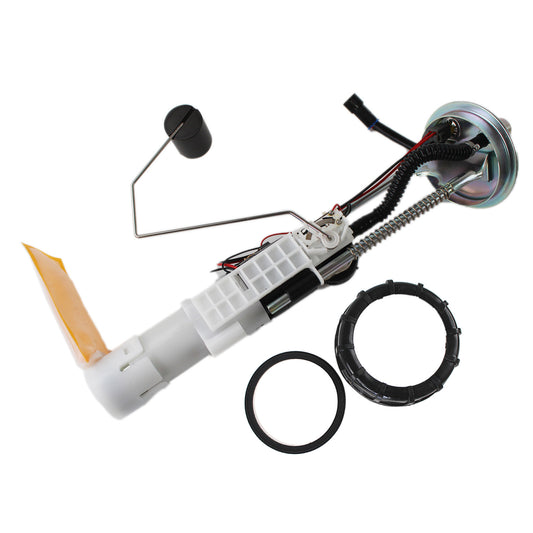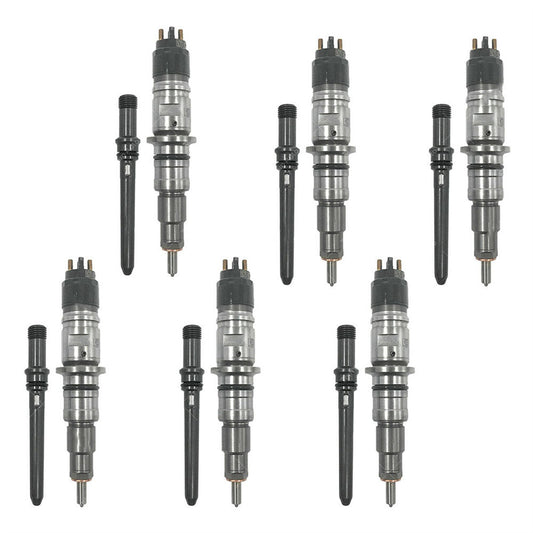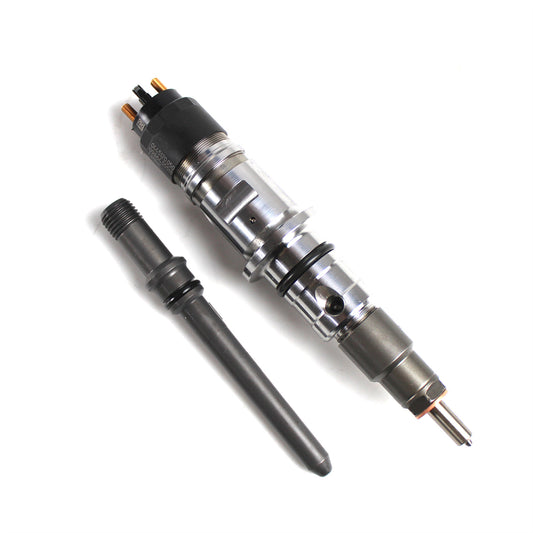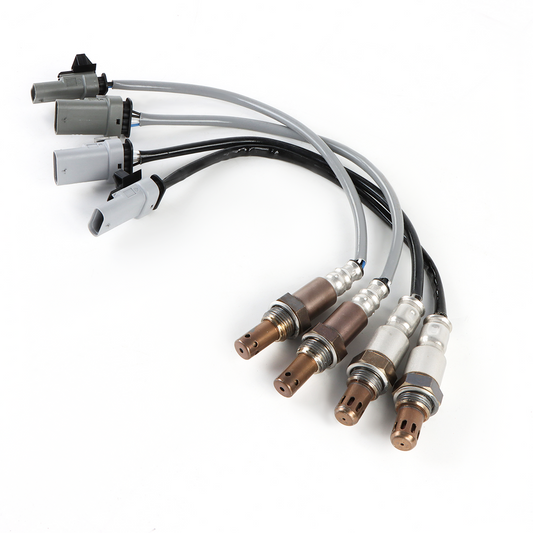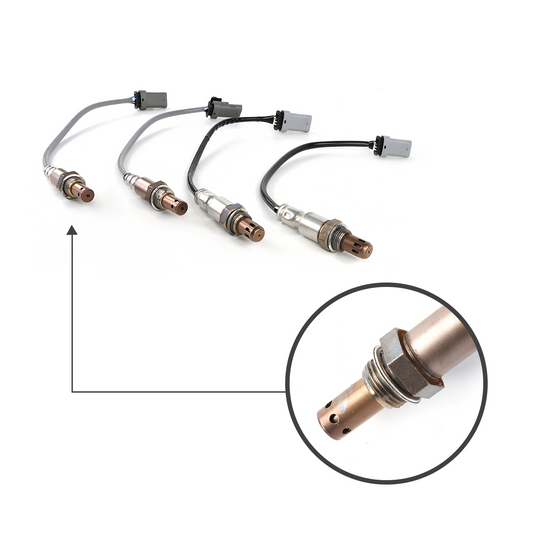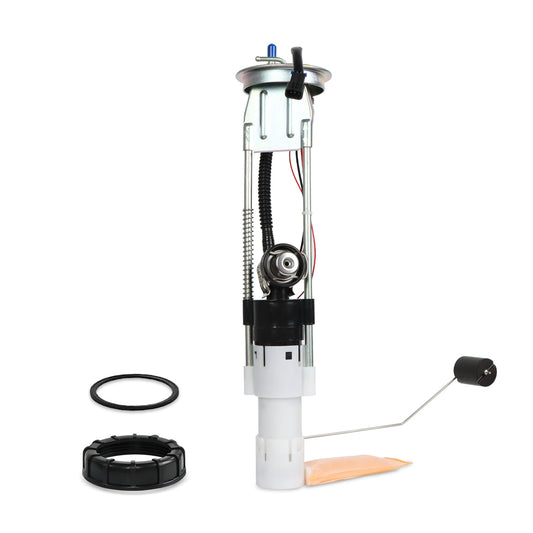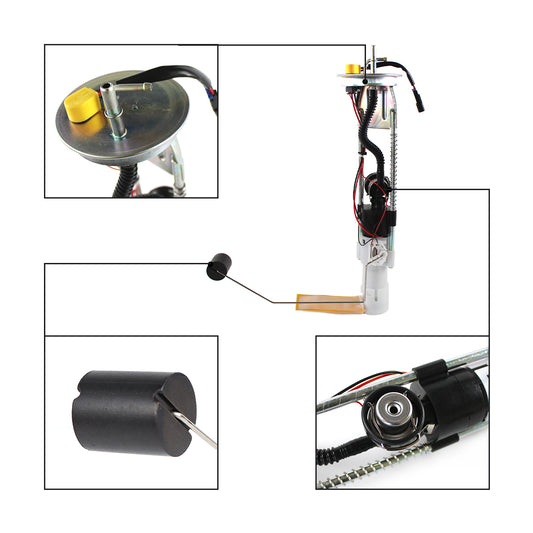How Long Does It Take to Cool Down if the Engine Overheats?
Overheating of car engines is a serious problem. You need to be careful when the engine overheats, or you may cause more damage to the car. First, you must know how long it will take to cool down an overheated engine before you can inspect it, troubleshoot it, or attempt a quick fix.
Signs of engine overheating:
- The engine temperature gauge on the dashboard or driver's console reads "H" (" H "for high temperature) or points to the red area of the gauge.
- There's steam coming out from under the hood.
- There was a strange odor coming from the front of the car, especially near the hood. Leaking coolant usually gives off a sweet smell; Leaking oil usually produces a burning odor.
How to do after engine overheating?
- Please immediately turn off the air conditioning system, which will reduce the burden on the engine and reduce its temperature.
- It also helps to open the Windows for ventilation.
- If turning off the air conditioner does not help improve engine overheating, turn on the heater and blower. It sounds counterintuitive, but it does reduce the burden on the engine's cooling system and lower its temperature. This is because hot air, when turned on, absorbs heat from the engine and blows it into the passenger compartment. This can reduce the heat accumulation of the engine, to achieve the purpose of heat dissipation.
How long does it take to cool the engine?
It depends on the air temperature outside and the temperature of the engine. Cooling times also vary from engine to engine.
It usually takes at least 30 minutes for the engine to cool down. If the cooling time is insufficient, you cannot rectify the fault. Because when you open the hood, there's boiling steam coming out, which is very dangerous.
When the engine is really cooled down, you can carry out all kinds of safety checks. In fact, you'll need to wait one to two hours to safely remove the radiator cap. However, if the coolant level is to be checked, it is feasible to wait about three to five hours. Please note that the engine will have cooled considerably by then; But the coolant had expanded, so the level gauge would have shown a falsely high reading, which could have led to a miscalculation that the engine was still hot.
Engine overheating is a problem that should not be underestimated. Improper treatment will bring big trouble and even hidden safety risks. The right thing to do is to have a professional check the car's cooling system as soon as possible to fundamentally solve the problem.
If you park too far away from the nearest garage, the best thing to do is to tow your vehicle there instead of driving. If YOU HAVE to drive for repairs, do not drive more than a quarter mile to avoid further engine damage. Also, if circumstances permit, try adding coolant to cool the engine so you can take the car to the nearest repair shop.
Why does the engine overheat?
A car engine can overheat for many reasons. But essentially, overheating is caused by a malfunction in the vehicle's cooling system, which causes heat to build up inside the engine components and not be expelled properly.
This is usually caused by leaks or blockages in the engine cooling system or other components. For example, components such as rubber hoses, washers and water pumps are often exposed to high temperatures and wear out over a long period of time, making them vulnerable to failure. In addition, certain driving conditions (e.g., stop-and-go in hot weather) can put a lot of pressure on the cooling system and cause it to fail.
As with most car problems, regular maintenance and maintenance is the key to reducing trouble. To minimize the possibility of engine damage, it's a good idea to check your car's coolant and oil levels regularly and check hoses, fans, thermostats, and other components of the cooling system to avoid such problems.


